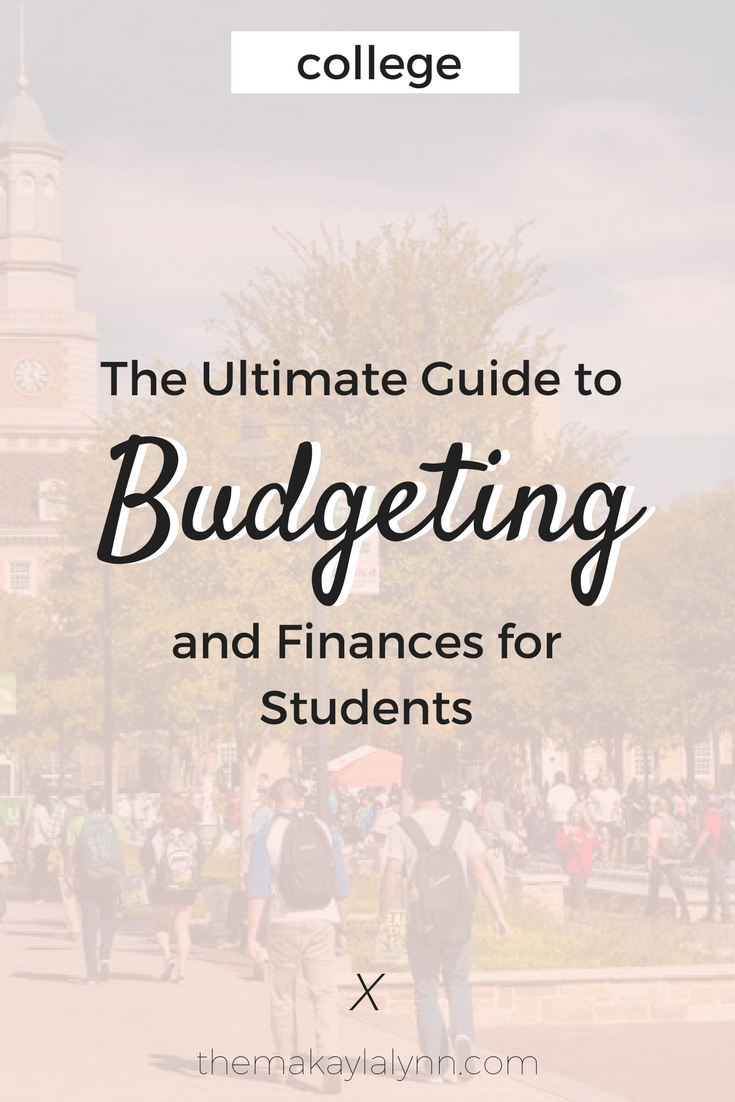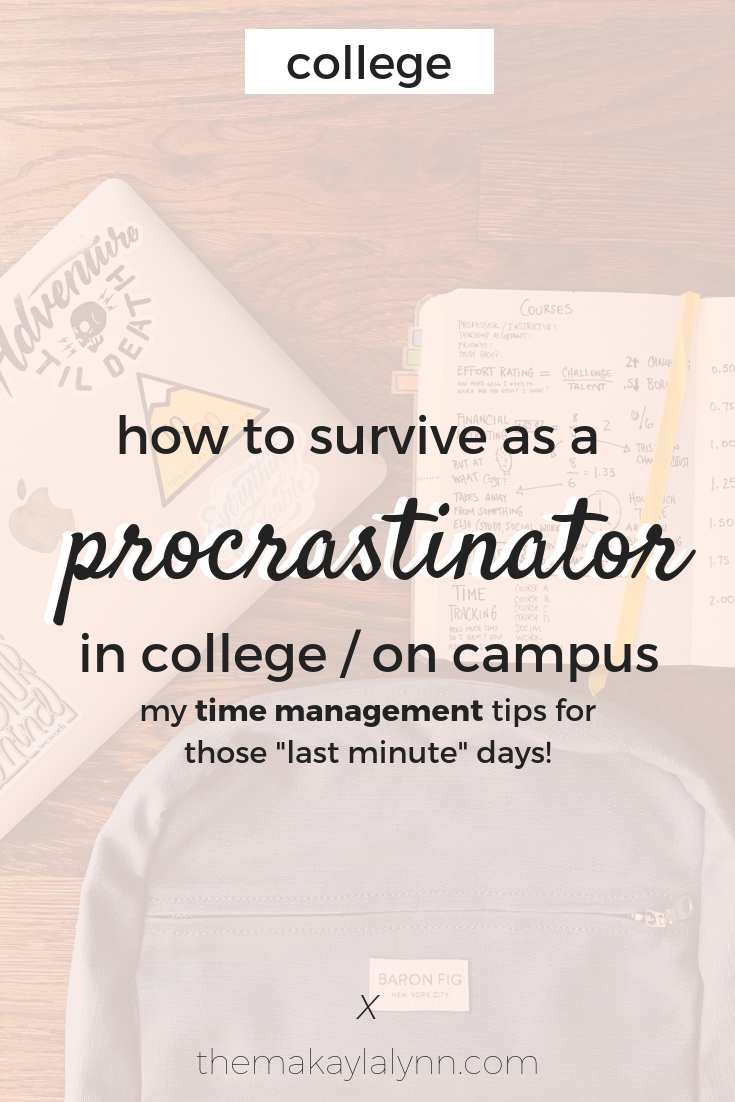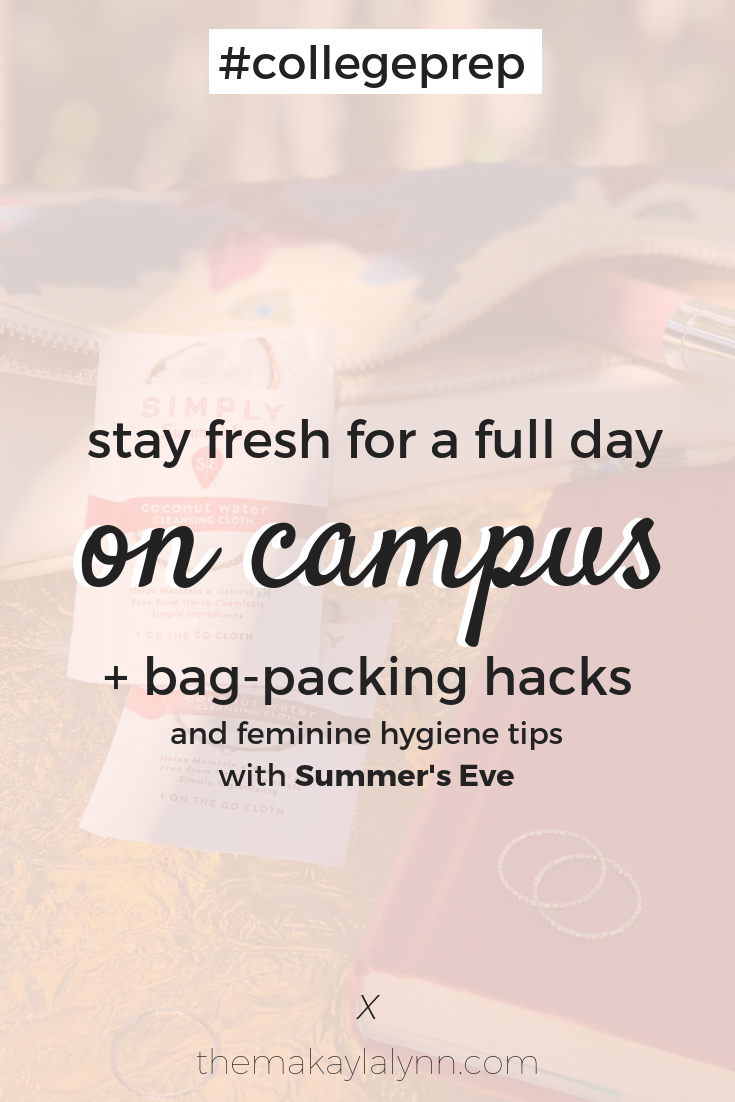The Ultimate College Guide to Finances and Budgeting
There’s a popular assumption that college students are in a perpetual season of “struggle.”
Although the ‘struggle’ could refer to one’s mental and emotional state, having an empty wallet, empty bank account, and an empty fridge is often times what pop culture highlights most.
Although I’ve experienced PLENTY of ‘broke college student’ moments in my four years at school, I also know what it takes to have a financially stable college experience. Yes, money is a touchy subject considering everyone’s unique access to resources and family background, but ‘struggling’ doesn’t have to be a title we adopt.
It’s time more students learn financial literacy so success is easier to attain early on. Money isn’t the end all be all…So, why do we let it control us?

budgeting + expenses
Budgeting is a word that I, and plenty of my peers, hide from whenever possible. There’s nothing fun or exciting about putting yourself on a budget that has a purpose of ‘restricting’ you from living how you 'want' to live.
My only piece of advice and something you may have heard before is to do what others are NOT doing to do WHATEVER YOU WANT to do later on.
This means budgeting. This means restricting and learning discipline. This means living far below your means to ensure your means are far above what you could’ve imagined years from now.
So, how can one ‘budget’ appropriately and take expenses into consideration while in college?
split up your $$$
1. Pay yourself
2. Pay your bills
3. Set aside $$$ for ‘play’
pay yourself
It’s crucial that we learn at a young age what it feels like to set money aside for the future. This means opening up a savings account or buying a cheap electronic saving jar and putting a set amount aside when you receive or make money.
For example, taking out $15 from your account when you first receive or make money is a good step towards making 'paying yourself' a habit.
I made sure to put $15 in my example because that’s often times our reality. Saving doesn’t ALWAYS have to be the last $50 to your name. If you have $50 or more to save, good for you. If $10 is all you can give up one month then rip off the band-aid and set it aside. You’re doing this for future you and I promise…Future 'you' will be forever grateful.
Quick Tip: I'm currently using Digit, an automated and safe withdrawal system, to help me save each week. Taking a few dollars (and sometimes cents), depending on your current checking balance, Digit automates the saving process so you don't have to think about it. They also added a new feature that alerts you when your balance is getting low (#NoOverdraftFees2018). I highly suggest this tool if you're interested!
Pay your bills
This 2nd point is pretty self-explanatory. If you have bills, pay them. I pray I don’t have to explain further how detrimental this is to your financial stability...
set aside $$$ for 'play'
Once you’re done paying yourself and paying bills after receiving or making money (I’m aware that some students don’t work while in college), always make it a point to set a specific amount aside for play.
‘Play’ is extremely broad and can mean anything from fast food to movies, clubbing, road trip, or even organization fees and so on… The key to setting aside money is to ensure you’re still living below your means. If you have $150 left over after ‘paying yourself’ and ‘bills,’ it’s not smart to use that entire $150 for fast food or nights out.
Quick Tip: If you have more left over than you thought, save that in another account (if you’re able to open another savings) for travel or a sporting/concert event. You’ll feel a lot better purchasing a plane or concert ticket when it’s coming from a fund that doesn’t dip into the bill money or your savings.
define wants vs. needs
One of the most difficult parts about budgeting is deciding what to even budget in the first place. What should we be restricting ourselves from and what should we be focused on?
The easiest way to figure out where to start is to define your wants and needs. If you’re trying to come up with a better explanation as to why you’re constantly left with 50 cents in your account each month, check your bank statements or habits.
Is fast food a want or need?
Is shopping at Target for journals and skincare a want or need?
Are Netflix, HULU, AND HBO for Game of Thrones a want or need?
Are the Bluetooth essential oil diffuser, new-and-improved Nutri Bullet, and expensive boutique cooking utensils a want or need?
(Sorry, now I’m just projecting my bad financial habits onto you all…)
All jokes aside, confronting yourself and serving up a hot cup of tough love is needed when money is at stake. Figure out your wants, needs, and straight up ridiculous expenses for the last couple months to start the ‘cutting’ process. Again, future you with be grateful for sacrificing Game of Thrones.
shop smarter
Shop smarter, be more frugal, and pay attention to EVERYTHING. This means becoming the person that pulls a sharp (and safe) U-Turn when they see a sale sign in a window. This also means doing things you’re not used to doing in order to save money you’re used to wasting.
textbook + supplies
Shopping for textbooks should NOT start and end in your campus bookstore. If you’re already paying for it in financial aid and have a book fund then you generally have no choice. If you don’t have a book fund and are buying books ‘out of pocket,’ do yourself a favor and start on Chegg. Once you hit up Chegg, my personal favorite when it comes to online text and eBooks, try eBay, Amazon, and a basic Google search using the books ISBN number.
Moral of the story, never start in an overpriced bookstore.
Quick Tip: ALWAYS wait to buy books until you’re 100% sure they’re required for a class. If the book is required and you can’t afford it, adopt the mindset that “everything is figureoutable.” Go to the library (where they have your textbook on file) to complete homework assignments or email your professor to borrow their copy.
clothing
Embrace the thrift store. Love the thrift store. Be the thrift store.
If you’re not a ‘thrifty’ person than embrace your favorite store’s sales and REFUSE to purchase full-price items. Again, going back to budgeting…Is that full-priced item a want or a need?
food
Aldo, my friends. Aldo has been my off-brand discount store dream. If you don’t have an Aldo or similar ‘off-brand’ type discount store, try becoming THAT person that takes up extreme couponing. Hey, anything that saves a coin right?
Quick Tip: Recipes have the ability to save your HUNDREDS when grocery shopping. Finding one staple item, like Lentils, and searching for recipes you’re able to make in your apartment or dorm room will save your life. This way, buying a few staple items and extra spices or side-dishes can easily become five to ten different meals without you realizing.
bank accounts + credit
It has been nearly two years since I filmed my first Credit Card Tips for Students video and, after receiving a lot of positive responses from watchers, I knew this topic had to be revisited. Lately, I've been struggling with the idea of sharing another 'credit card' post and if it should be long and detailed or short and cute...
You guessed it, short and cute is always a win-win. I WANT you guys to do your research when it comes to opening a checking account and owning a credit card. I know I could be a useful resource that acts as ‘research,’ but the real research starts with visiting your local bank on-campus or in your neighborhood to get 100% factual information about their policies and programs.
I’d love to tell y’all more on how to open and handle a checking account/credit card, but that’s not my place and I’m fine with that.
Of course, since this IS a post about financial stability, I’m still going to give you all helpful and extremely GENERAL tips that helped me along the way. Again, these are general tips so PLEASE consult a professional before creating, opening, and owning your own accounts.
checking, savings, and credit
I’m a firm believer in people my age opening their own checking accounts whenever possible (if not during or right after high school). My mom opened a ‘youth’ checking account before I was eligible and helped me get my first credit card as soon as I turned 18. I know that many parents are against their young adults jumping into obligations like these early on, but I think it’s one of the most important steps towards preparing for one's future.
Although money and credit aren't ‘everything,’ they're definitely responsible for most of our major purchases and speaks for how well we can be trusted by lenders, banks, and institutions in general.
Moral of my story, get a credit card with a trusted or family bank asap. Opening a checking account is seemingly easy and something that’s required when you get your first job, but a credit card is something that can be ignored by my generation for years which is, ultimately, hurting us in the end.
be two steps ahead of your credit
One piece of advice I’ve given cousins and friends of mine that were opening their first solo accounts is to always stay two steps ahead of their payments. With a credit card, you’re borrowing money that simply does NOT belong to you. Although people consider your credit score to be a simple number that defines your current financial state, it also shows people how much they can trust you.
- never charge more than you have in your checking account in one month
- try not to get too close to your actual credit limit
- always pay back in full EACH month
- if you're not able to pay in full, never get into the habit of paying back the "minimum due"
If you are always making late payments, not paying, or borrowing the maximum amount each time, why would institutions trust to give you a substantial amount of money when it really counts? (house, car, etc).
keep your money in different places
This concept is definitely opinion-based and not necessary, but helpful when the time comes to start making major purchases. As explained in a quick tip above, having multiple savings accounts for different purposes may benefit you in the long run and help to keep you organized through thick and thin. This could also mean investing (although college students aren’t usually able to do so), and keeping a ‘hidden’ cash stash if you lean towards the ‘old school’ side.
side hustles galore
Although this section will be short, it HAD to be included considering what I do as a side hustle and WANT to do full-time in the near future. Side hustles are more accessible than ever and, although hidden to the public eye, can make or break a students college experience.
With so many different side hustles, the choice is up to you and ultimately based on your talents or interests. For me, blogging and creating video / digital content has become a side hustle that I love to do in my free time.
For others, dog walking or sitting, bartending on weekends, driving for Uber, selling old things on eBay, and editing their peer's projects or papers are all viable options.
Side hustles aren’t cut and dry, thankfully. Find something that can become a source of stability in your life, work on it, impress yourself with how well you do it, and then find a way to monetize (make money from it).
This Ultimate Guide to #College Budgeting post gave me LIFE 🤑🙌🏽 Share on X
Whew…Another long and information-packed post for your reading pleasure. I hope you all could find some hidden gems and took a mental note of things you can do to increase your financial stability.
College is not for the weak, and that statement applies solely to coursework. Add on a job, internships, bills, feeding yourself, and not dying of boredom? ISSA LOT.
PLEASE share this post if you found it helpful. There’s nothing like seeing a helpful post pop up on my feed that someone else thought would benefit their friends or audience… I’m sure you feel the same so SHARE on social media or with a friend!
Get your coin and
Live Intentionally, my friends.
Miss Lynn






